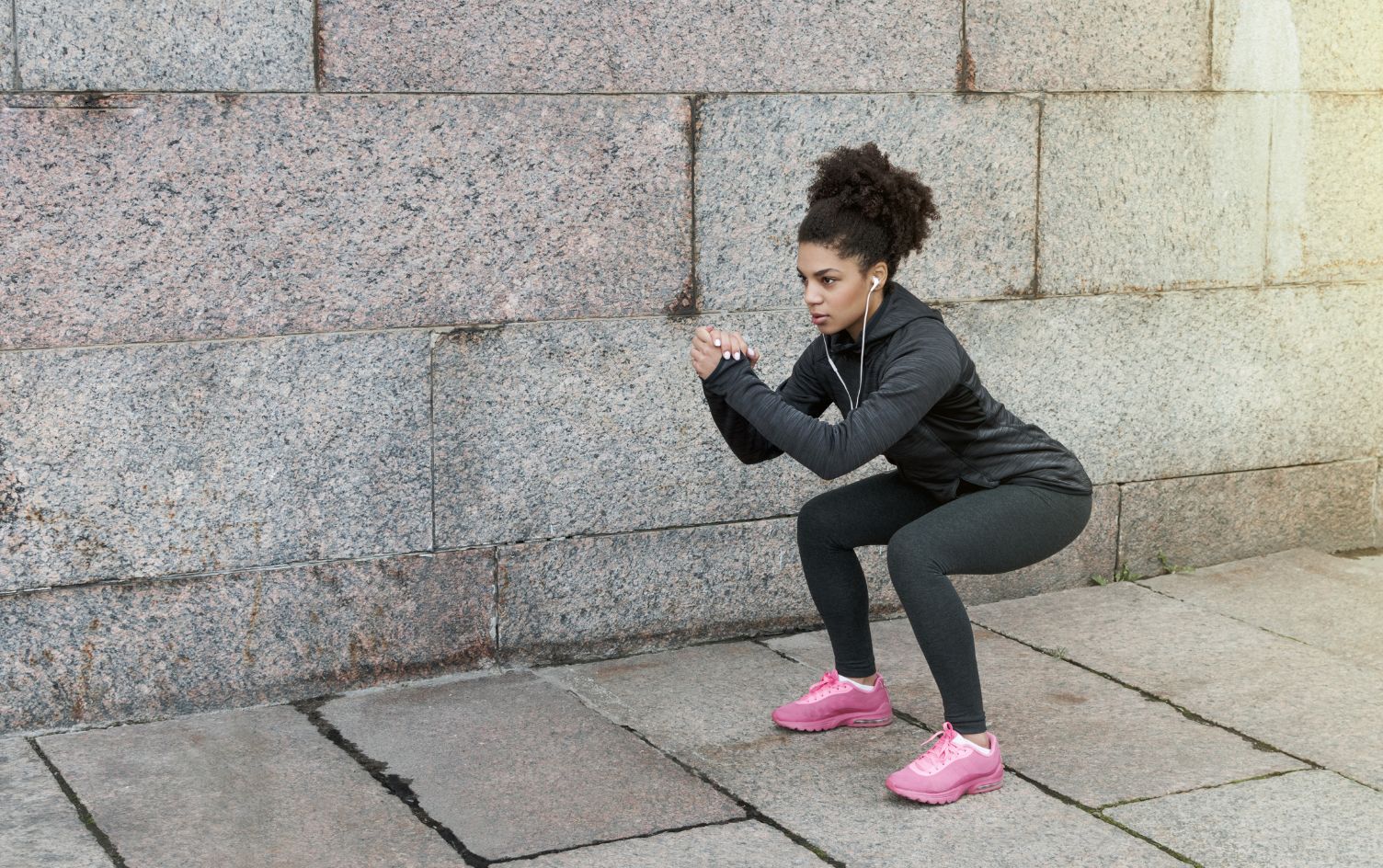Motivation and willpower have their place, but being able to form healthy habits is often key to transformation in any realm, including fitness, nutrition, de-stressing and work productivity.
Despite their importance, establishing healthy habits can feel like one of the toughest skills to master, and that may be why New Year’s resolutions tend to sputter for most people.
Part of the problem may be perception, because we sometimes think of habits mainly when they’re unhealthy, like smoking, drinking too much, eating tons of sugar, staying up too late, or working too much. In other words, we often think habits are meant to be broken. But it’s also possible to build the good while you’re ditching the bad.
CUE, BEHAVIOR, REWARD
By definition, habits are actions that are done unconsciously, and become routine, setting up a form of automatic behavior. While that might be a bad thing if you’re reaching for another handful of candy without thinking, it can be beneficial if you’ve established healthy habits instead. By harnessing the way habits work, you can set up good-for-you behaviors that get more established over time.
In his book, “The Power of Habit,” author Charles Duhigg writes that every habit starts with a three-part pattern: a cue, the behavior itself and the reward.
“Habits are malleable throughout your entire life,” he notes. “But we also know that the best way to change a habit is to understand its structure, that once you tell people about the cue and the reward, you force them to recognize what those factors are in a behavior.”
TIP: START SMALL — REALLY SMALL
Floss one tooth. Eat a single carrot stick. Take one deep inhale and exhale before your next meeting. These might seem like ridiculously minor actions that won’t make much of a difference in setting habits, but the point is to take that very first step, which is often the hardest one when it comes to behavior change.
Habits need to feel achievable, so saying to yourself that you’ll floss one tooth tonight — as opposed to committing to flossing every night until you get dentures — feels easy. The simpler and more achievable it feels, the more likely a habit is formed.
TIP: PLAY PIGGYBACK
Most likely, you already have a number of good habits you don’t even think about, like brushing your teeth, taking your dog for a walk or waking up without hitting the snooze button (much). To establish new habits, consider piggybacking them onto those existing behaviors.
For example, to cultivate more stress relief in your life, consider listing three things that make you feel grateful just after you hit your alarm, but before you get out of bed. Numerous studies have noted that gratitude can have significant effects on your sense of well-being and health. Making this into a 30-second exercise before you’re fully awake can cement the behavior into place.
This strategy can also be called a “when/then,” says neuropsychologist David Nowell, PhD, who specializes in motivational topics. For instance, he notes, you can establish a habit of putting your keys in a certain place by stating that when you walk in the door, then you put them in the key bowl. When you brush your teeth, then you do 10 squats at the same time or when you walk your dog, then you sprint the last half block.
TIP: ALWAYS HAVE AN INSTANT REWARD
Bad habits stick because there’s a reward involved — a feeling of relief while having a cigarette, an endorphin rush caused by a sugary treat or a shopping binge, a secret thrill of satisfaction from putting off yet another deadline. When you remove the immediate reward, or at least create awareness of what that habit is doing in the long term, it becomes easier to shut it down.
For a good habit to stick, you should focus more on the short-term gain than a potentially years-ahead type of outcome. For instance, increasing your vegetable intake by a couple servings at lunch will give you an energy boost in the afternoon. Yes, it will also impact your long-term health with lower inflammation, better heart health and more efficient digestion — but because habits establish more easily with instant rewards, concentrate on those when you’re just getting started.
READ MORE > 71 EASY WAYS TO EXERCISE MORE IN 2018
Most of all, give yourself time, advises psychologist Barb Markway, PhD, creator of The Self-Compassion Project.
“Don’t rush yourself,” she notes. “You may be impatient with yourself to ‘hurry up and change.’ But if you push too hard, the frightened, ambivalent part of yourself will likely rebel and sabotage your efforts. There’s no right or wrong timetable.”
Establishing new habit loops isn’t always easy, but with enough practice, these fresh behaviors can become part of your routine.




